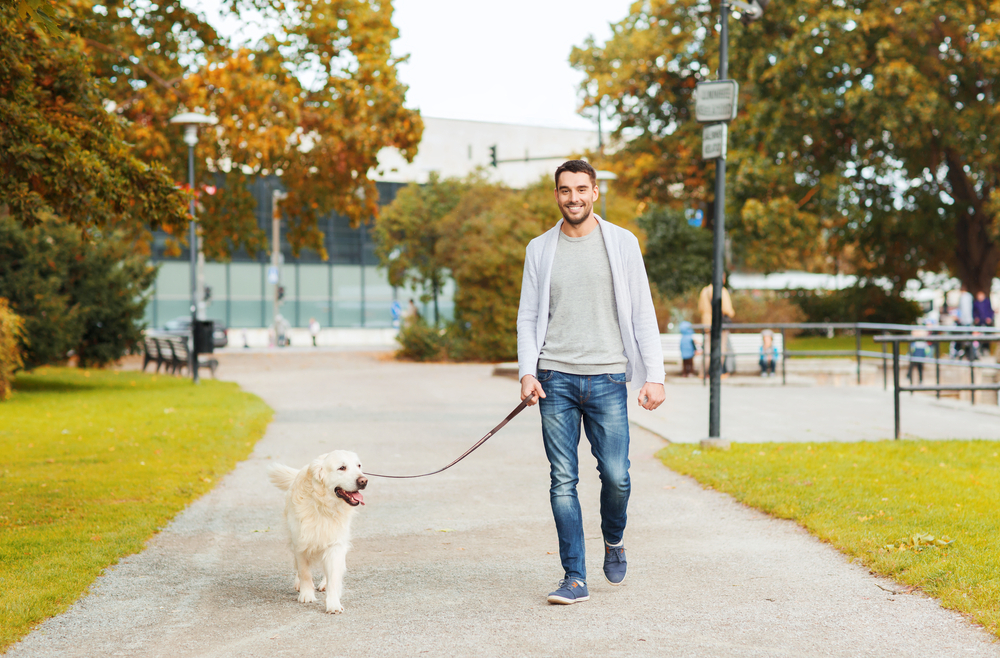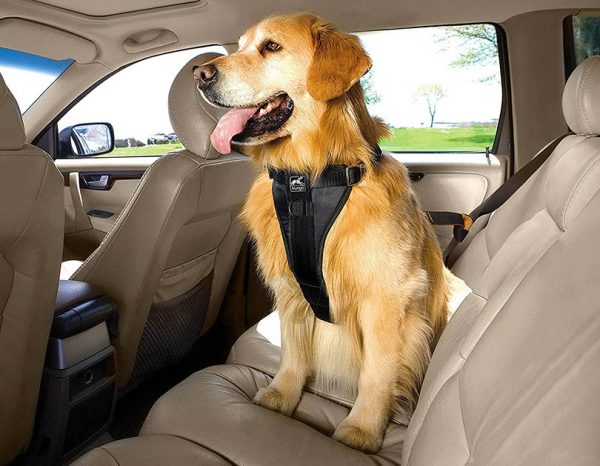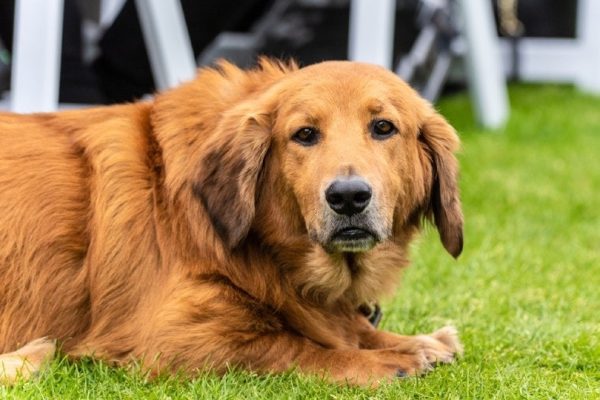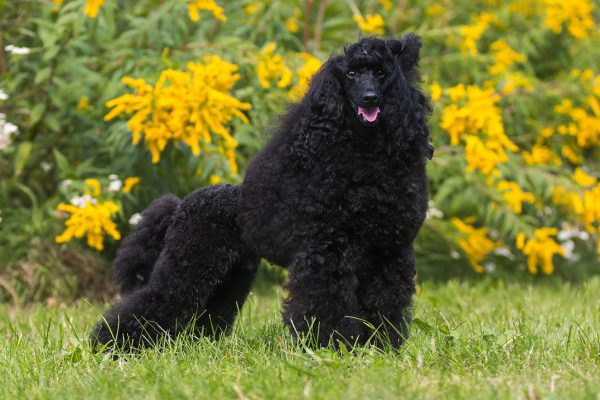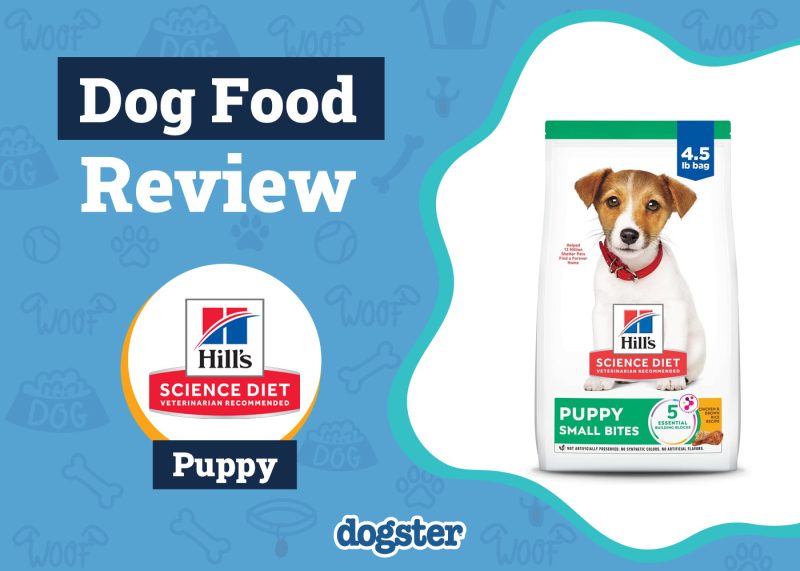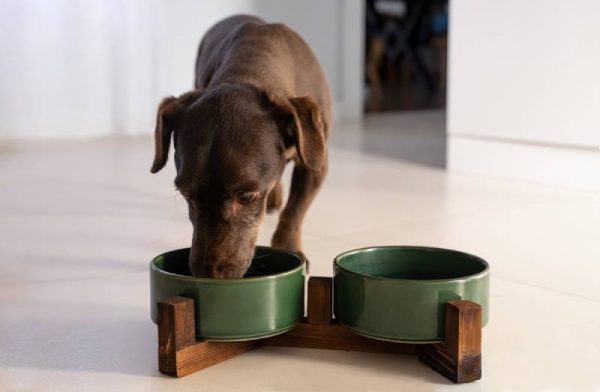If you have decided to bring a new dog into your home, you are in for an exciting and rewarding experience that also comes with responsibilities and challenges. Whether you’re welcoming a playful puppy or adopting a lovable senior dog, proper care and attention are essential for their health and well-being. To help you navigate the journey of dog ownership, here are 14 indispensable tips for new dog owners.

Top 14 Tips for New Dog Owners
1. Do Your Homework

Before you adopt a dog, whether a puppy or an adult dog, be sure to research the breeds you are interested in to make sure they are a good match for you. Factors to consider include how much your work keeps you away from home, the size of your home, whether you have children, and where you live. You don’t want to end up with a dog that you adore but that simply doesn’t fit into your lifestyle. Ask friends and family who have dogs for advice, or connect with staff at a shelter or rescue organization so they can help you choose the right dog for you.
2. Prepare Your Home
Before bringing your new dog home, ensure that your living space is safe and pet-friendly. Remove any potential hazards, such as toxic plants, small objects, or electrical cords, and designate a cozy area with a dog bed for your pup to rest and relax. Keep your new dog separate from other pets and children until you can safely monitor their interactions.
It’s best to quarantine all new dogs for at least 2 weeks before introducing them to existing cats or dogs. Quarantine guidelines vary for introducing a mammal to a non-mammal; it’s best to consult a veterinarian for more information about this scenario.
3. Establish a Routine for You and Your Pet
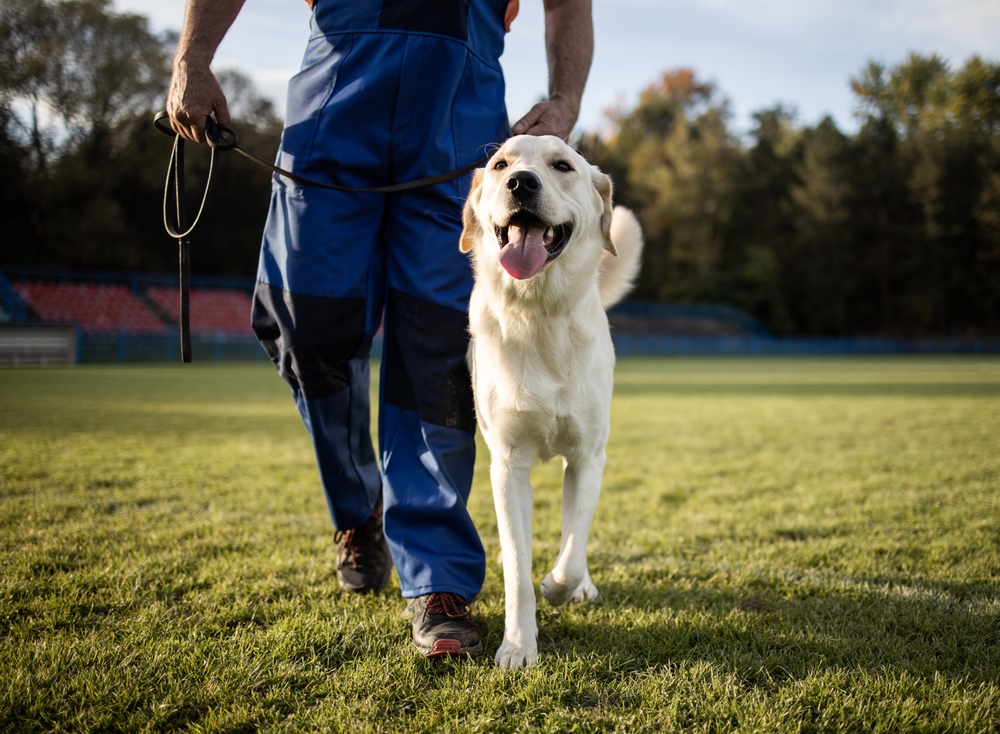
Dogs thrive on routine, so establish a consistent daily schedule for feeding, walking, playtime, and rest, and be sure to stick with it. A predictable and reliable routine helps your dog feel safe and secure and provides structure to their day, helping prevent unwanted anxiety and behavioral issues.
4. Provide Proper Nutrition
Always feed your dog a balanced and nutritious diet that meets their specific dietary needs based on their age, size, life stage, and activity level. Consult a veterinarian to determine the best food options and feeding schedule for your dog’s health and well-being.
If you need to speak with a vet but can't get to one, head over to PangoVet. It's our online service where you can talk to a vet online and get the personalized advice you need for your pet — all at an affordable price!

When purchasing a commercial food for your dog, the most important thing is to ensure that it is complete and balanced for your dog’s current life stage (puppy, adult, or senior). With this criterion met, you can explore other nutritional archetypes for your pet. Remember that the healthiest food doesn’t necessarily have to be the most expensive one.
5. Ensure Their Vaccinations Are Current

If you are adopting a puppy, they will need a range of vaccinations in their first year of life. If you are adopting an older dog from a reputable organization, chances are that they will have gotten vaccinated before being offered for adoption, but be sure to check with the organization. A vet will be able to administer all the appropriate vaccines for your dog; remember to schedule follow-up visits for the ones that need to be given yearly or every few years.
6. Exercise Your Dog Daily
Regular exercise is essential for keeping your dog physically and mentally healthy. Take daily walks, engage in interactive play sessions, or try activities like hiking or agility training to keep your dog active and stimulated. Of course, some breeds need more exercise than others, and some need time to both run around in a yard or dog park and go on walks.
7. Include Socialization and Training
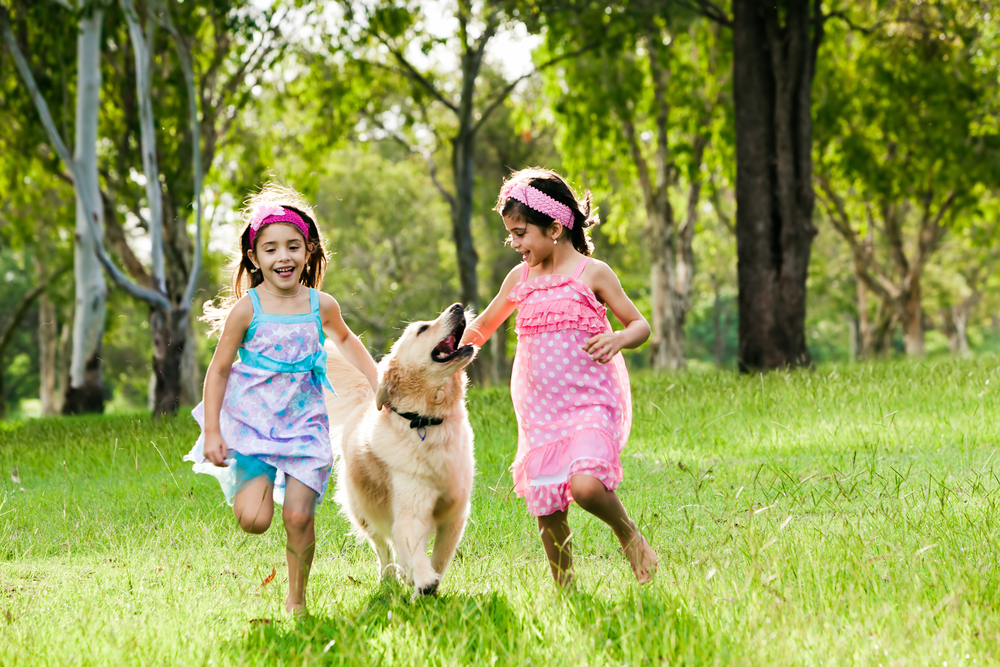
Some dogs do not naturally know proper behavior around other dogs and people. Socialize your dog from a young age to ensure they feel comfortable and confident in various environments and around people and other animals. Socialization can include going to dog parks and visiting with new people while keeping a close eye on how your dog is behaving and reacting. Additionally, invest time in positive reinforcement-based training to teach basic commands, good manners, and leash etiquette. However, some breeds naturally have a degree of disapproval or apprehension when it comes to getting along with other dogs.
8. Get Regular Grooming
A well-groomed dog makes for a happy dog (and a happy owner!). Maintain your dog’s grooming needs by brushing their coat, trimming their nails, cleaning their ears, and brushing their teeth regularly. Grooming sessions provide bonding opportunities and help prevent health issues such as matting, dental problems, and ear infections. They can also help you detect health issues that are new or unusual.
When it comes to choosing the right grooming products for cleaning your pup to prevent dog odors and avoid skin irritation, there are two products we cannot recommend highly enough. The Oatmeal Pet Shampoo from Hepper is formulated with aloe and oatmeal to soothe skin and hydrate the coat; and for a convenient on-the-go option to quickly refresh sensitive areas, Hepper's Wash Wipes will help you keep your dog clean from head to tail with moisturizing ingredients. Both products are pH-balanced and formulated with pet-friendly ingredients, free of harsh soaps, chemicals, and dyes. Give this duo a try to soothe, heal and nourish your dog's coat, and leave them with an irresistible just-left-the-spa cucumber and aloe scent. At Dogster, we've admired Hepper for many years, and decided to take a controlling ownership interest so that we could benefit from the outstanding designs of this cool pet company!
Image
Product
Details
For Bathing

Hepper Oatmeal Pet Shampoo
Check Price
For On-The-Go

Hepper Wash Wipes
Check Price
9. Invest in Veterinary and Dental Care

Rather than addressing emergency health conditions as they occur, it is best to connect your dog with a reputable vet while they are healthy. Schedule regular check-ups with a veterinarian to monitor your dog’s health, update vaccinations, and address any concerns or medical issues promptly. Establishing a good relationship with a vet is crucial for ensuring your dog’s long-term health and well-being.
10. Provide Mentally Stimulating Toys and Games
Dogs can get bored the same way we can, and a bored pup is unhappy and potentially destructive. Keep your dog mentally stimulated with puzzle toys, interactive games, and training activities that challenge their cognitive abilities and prevent boredom. Mental stimulation is just as important as physical exercise for a happy and fulfilled dog.
11. Invest in Licensing and Microchipping
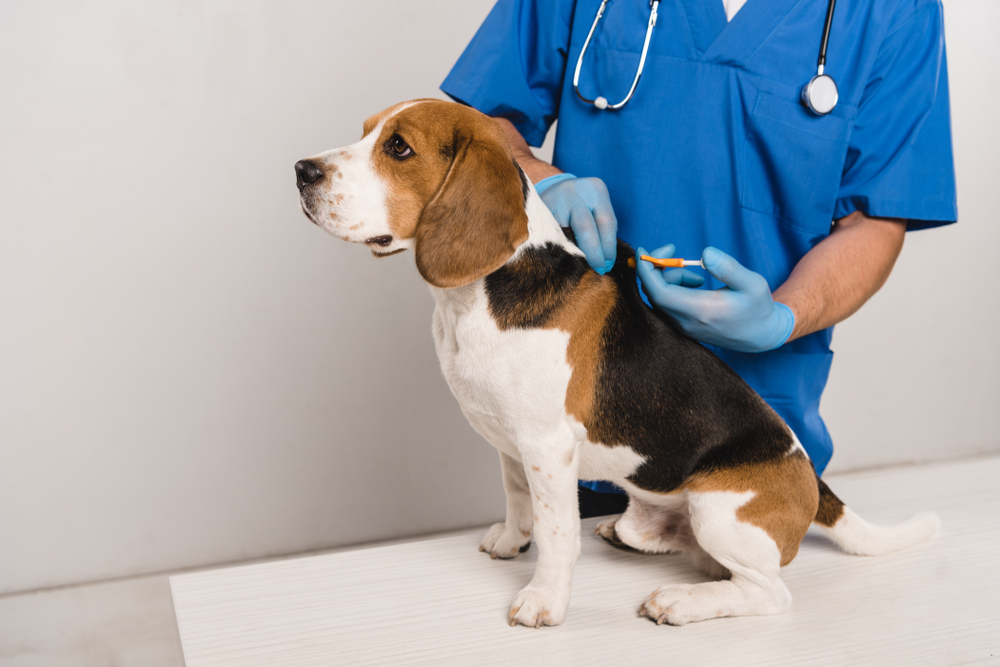
Keeping track of their new dog is probably at the forefront of a new pet owner’s mind. In the scary instance that they get lost, run away, or are stolen, licensing and microchipping are two of the best ways to ensure the return of a beloved pet. These are also ideal for letting your state know that your pet is up to date on their vaccinations, particularly rabies.
12. Establish Protection Against Fleas and Ticks
These pests are beyond being a nuisance: Fleas and ticks can cause great physical discomfort to your pup and even transmit diseases. Fleas can infest not only your pet’s coat but also your home, creating seemingly endless problems.
However, it’s important not to overmedicate your pet when it comes to dealing with these parasites. It’s best to work with a veterinarian to establish a treatment and preventive protocol that works best for your dog. Remember that a huge part of this process is environmental hygiene and upkeep rather than just self-diagnosing and medicating your pet without first consulting a veterinarian.
13. Practice Patience and Understanding
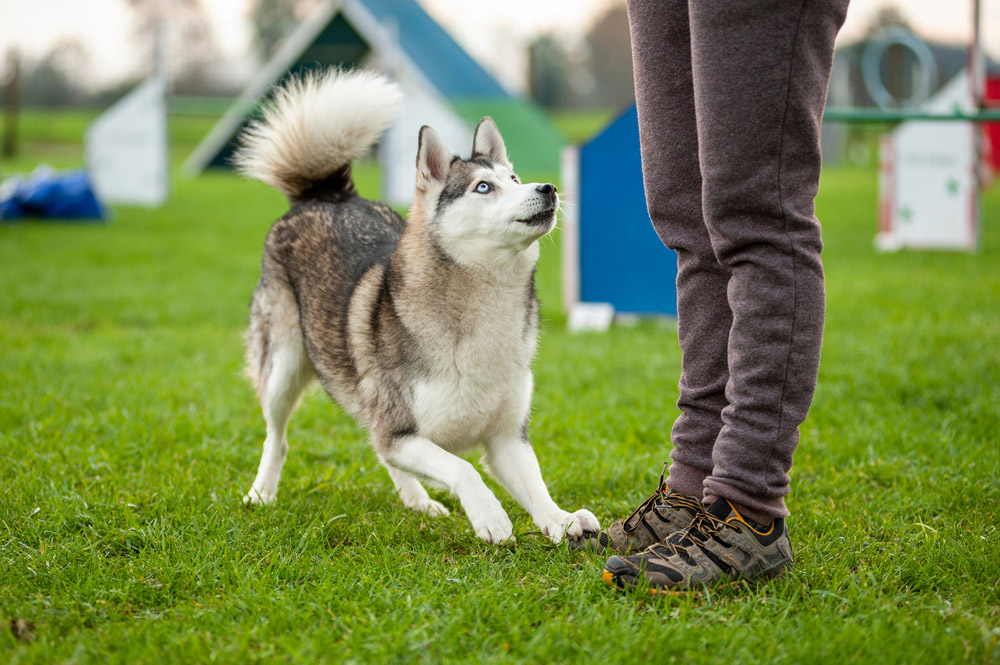
You’re likely feeling excited about having a new dog in your life, but remember that adjusting to a new home and routine can be overwhelming for your pet, especially if they’re a rescue or a puppy. Be sure to practice patience, empathy, and understanding as you build trust and bond with your new companion.
14. Show Unconditional Love
Most importantly, give your dog tons of love, affection, and attention. Dogs thrive on human companionship and form deep emotional bonds with their owners. Make time for cuddles, belly rubs, head scratches, and quality bonding moments to strengthen your relationship and create lifelong memories together.

Conclusion
Welcoming a new dog into your life is a joyful and fulfilling experience that comes with responsibilities and rewards. By following these essential tips for new dog owners, you can provide your canine companion with the love, care, and attention they need to thrive. Embrace the journey of dog ownership with patience, dedication, and an open heart, and enjoy the countless blessings of sharing your life with a loyal and loving four-legged friend.
See also:
Featured Image By: Ground Picture, Shutterstock

